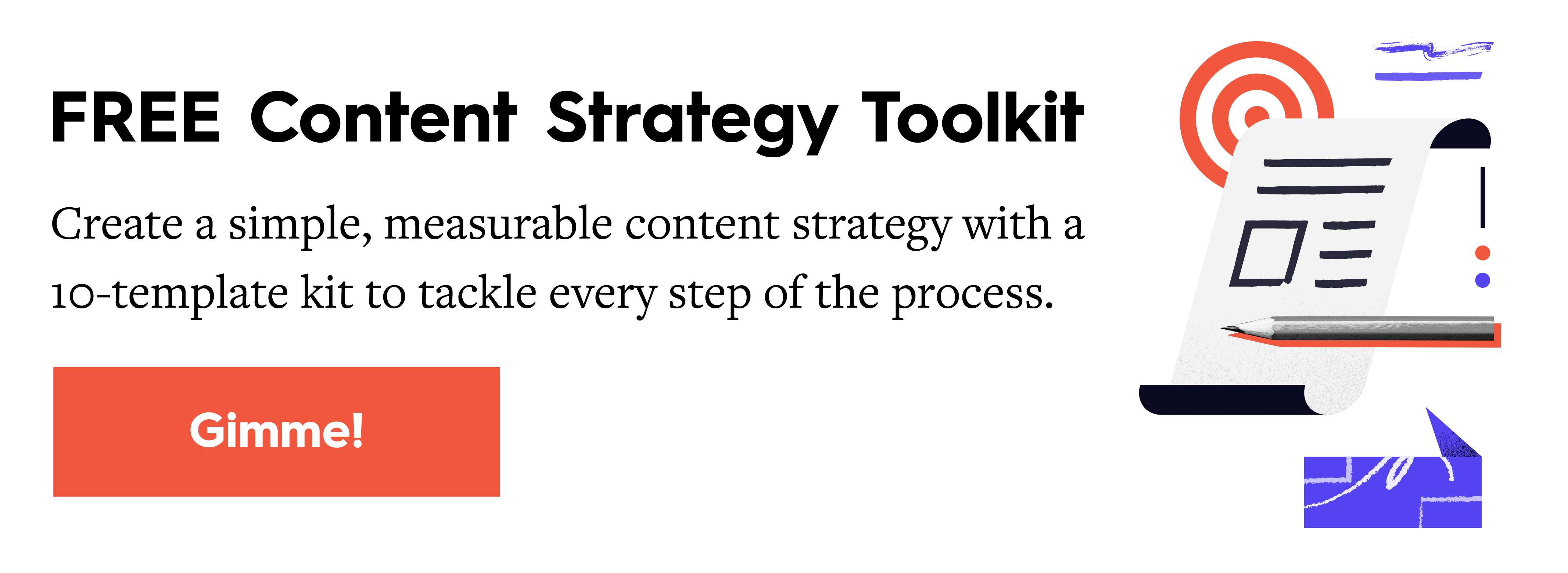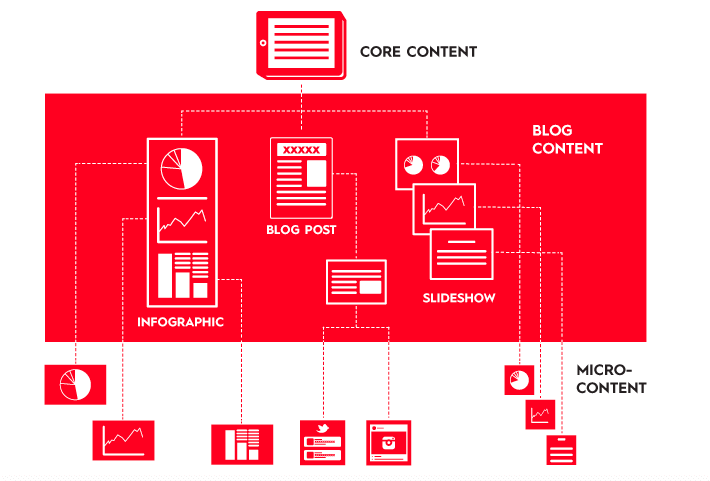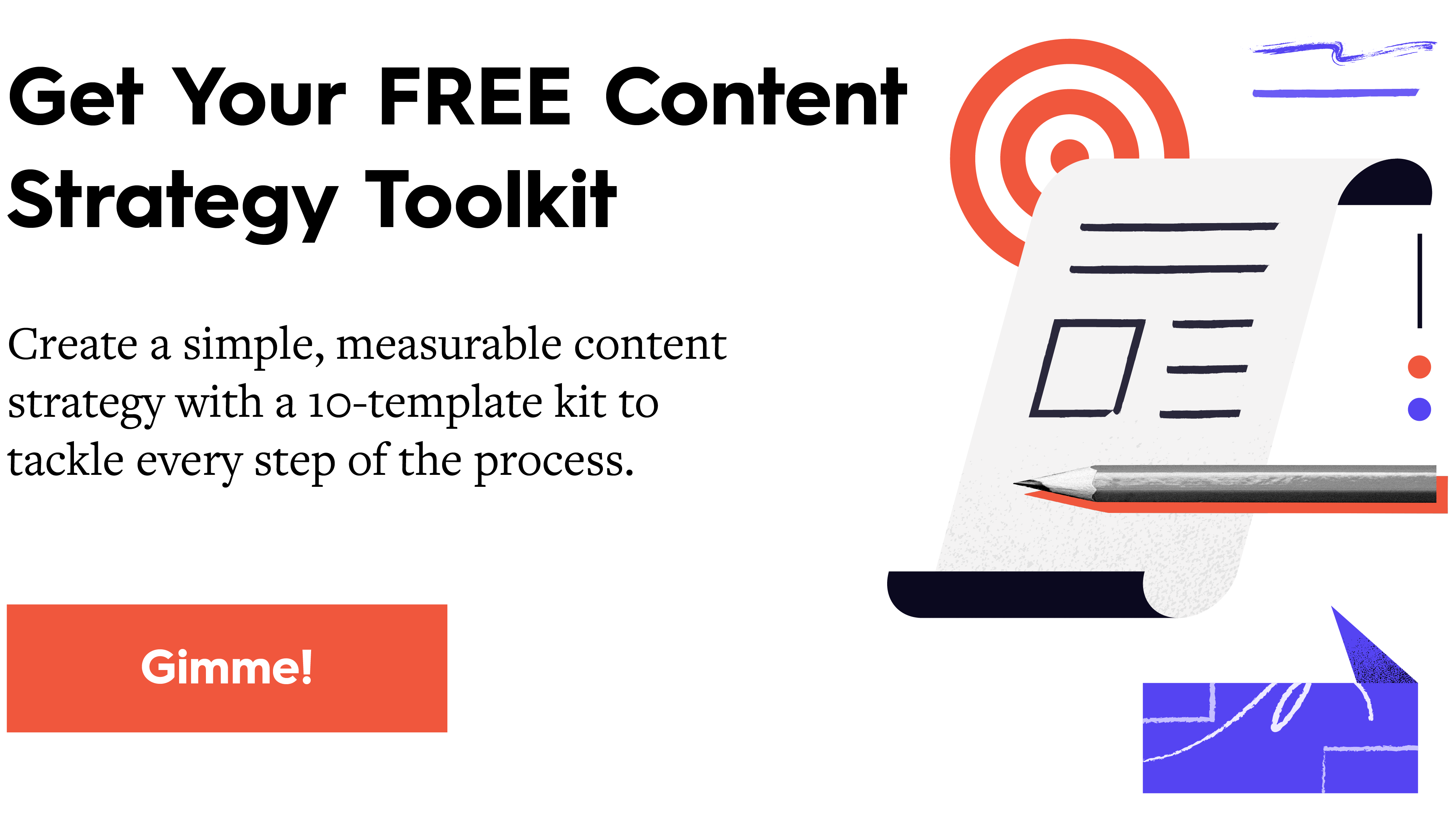ROI is the bane of every marketer’s existence. And with increasing budget cuts, it’s more frustrating than ever. (According to Gartner research, 44% of CMOs faced budget cuts in the wake of the Pandemic.) Improving ROI is always a priority, but with limited resources and increasing pressure to perform, how do you make headway?
Having experienced these challenges with our clients and within our own content marketing operation, we know the pitfalls of chasing ROI. But we also know a few ways to improve it, and today we’re sharing them with you.

How to Improve Your ROI
If you want to increase your ROI at every level of your marketing, here are our best tips to make the right moves today.
1) Allocate your budget appropriately.
To improve your ROI, you need to spend wisely. That doesn’t mean you have to know the perfect formula for your spend; it does mean you need to approach everything strategically.
- Spend on what’s working. If you have tried-and-true strategies that are getting the results you want, consider doubling down.
- Test, test, test. Testing doesn’t always give you immediate ROI, but it does give you information, which you can use to increase your ROI now—and in the future. Whether you’re testing ad copy, channels, or different types of content, set aside a portion of your budget for testing.
- Save some for reserve. You don’t want to blow your whole budget on testing. It’s important to leave some reserve to cover any unexpected mistakes, or invest in something that your test proves actually works.
Tip: For more ideas, see Hubspot’s roundup of ways to spend your budget.
2) Track the right metrics.
Before you set any campaign live, you need to know what your goal is and how you’re going to measure whether or not you achieved it. Hence, choosing the right metrics is crucial.
That said, there are plenty of things you can track, but not all will tell you what you really want to know. To make sure you’re measuring the right things, make sure your metrics are…
- Tied to your larger goal
- Quantifiable
- Accurate
Note: Don’t get caught up in vanity metrics. A blog post might be getting tons of traffic, but if your ultimate goal is e-book downloads and people are taking one look at your blog and bouncing, then you need to try something else. Focus on quality over quantity and your audience taking the right next step.
Tip: Find out how to choose the right metrics for your content strategy and distribution strategy. Also, make sure your tracking tools are working correctly.
3) Use better tools.
When you’re doing content marketing, you aren’t just spending money. You’re spending time, energy, and resources, too. If you want to increase ROI, look for ways to work smarter and maximize your resources effectively.
Beyond traditional marketing automation tools, there are plenty of free online tools and resources that can make a marketer’s life much easier, especially if you’re working with a small team. (Also, many of those tools are multi-use, so you can do more with less.)
Tip: Use our tool and tech stack checklist to audit all the tools you’re currently using. This can help you spot gaps or opportunities to consolidate. You can also check out our tool roundups for content marketing, brand identity, content creation, content strategy, infographics, e-books, and copywriting.
4) Get more mileage from your content.
Creating good content is a big investment, so maximize your return by making your content do more work. With a divisible content strategy, you can easily turn a large piece of content into multiple assets—or combine many smaller assets to make a larger piece of high-quality content. (Again, this is especially helpful if you’re working with a small team.)
For example, you might combine several infographics to create an e-book, or break an e-book into multiple pieces of content to publish on social media. This extends the reach and lifespan of your content, helping you engage people across more touch points.

Tip: Find out more about how a divisible content strategy works.
5) Scope out the competition.
Want to know what works without doing the work yourself? Look at what your competitors are doing. What do their ads look like? What messaging do they use? What pages are outranking you? Which publications are picking up their content? What’s their distribution strategy? What topics are they covering?
These answers can help you decide what you should (and should not) be doing.
One easy way to get this perspective is to do a content audit. The insights you learn can help improve every part of your content strategy, including your ROI.
Tip: Use our guide to conduct a content audit. And if you need a larger sense of how your competition is succeeding, see our guide to conduct a competitive analysis.
How to Improve Your ROI Year-Round
While there’s no magic wand that can give you better ROI overnight, creating a steady stream of quality content will help you build a community of customers over time. As you work to improve your marketing operation overall, focus on providing value to your audience. For more tips…
- Experiment more. Use some of your budget to try some new content. Here are 5 types of content you might want to explore.
- Create targeted campaigns. Follow our guide to create strong campaigns that resonate with the right people.
- Use content to show people who you are. Here are 10 brands that put their values front and center.
- Get the right eyes on your content. Build a comprehensive distribution strategy to reach the right people in the right channels.
Of course, if you need more help measuring ROI or creating better content, find out what it’s like to work on a content strategy with C5. Or just hit us up directly. We’d love to chat.






